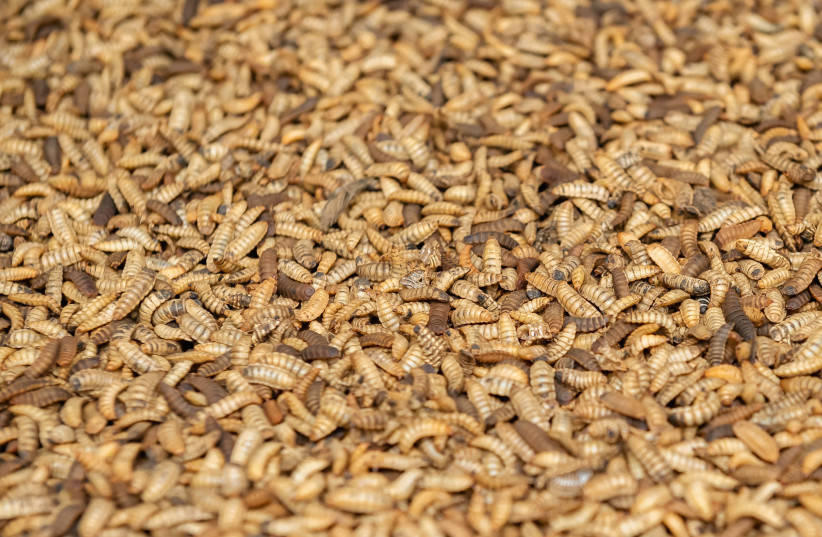Black soldier fly larvae (BSFL) oil could help ameliorate the symptoms of colitis, according to researchers at the Hebrew University of Jerusalem.
Prof. Betty Schwartz and PhD student Hadas Richter recently tested the oil, a fraction of the BSFL that is generally discarded, which has been reported to have antimicrobial effects on gut bacteria and anti-inflammatory activity.
BSFL is considered one of the “superstars” of sustainable feed ingredients, the team explained. Already, the protein fraction is extracted and used as a premium feed ingredient.
The major component of the oil is lauric acid, which is a medium-chain fatty acid known for its antimicrobial activity. In addition, the oil contains both monounsaturated palmitoleic and oleic acids, which are thought to increase gut microbiota diversity, decreasing inflammation.
“Nutritional therapy that involves the development of lead compounds that are able to modulate inflammation may be of interest in the management of diseases associated with chronic inflammation such as Crohn’s and colitis,” an abstract on the project explained. “Our goals are to show novel therapeutic benefits of using BSFL oil in the treatment of human inflammatory bowel disease and further explore mechanism of action.”

The team tested a BFSL oil-rich diet on mice with colitis for a month and found that it rid them of any clinical signs of the disease – body weight recovery was improved, colon length was extended and spleen size was reduced, among other benefits. This was compared to a diet rich in soybeans.
Now they are considering how they can use what they have learned so far to help make people healthier by developing therapeutic aids to treat humans, Schwartz said. They will also explore the mechanism of action in vitro – research that could then be submitted for peer review.
Because it is a food additive and not a drug, the path to regulatory approval should be shorter, she said. However, such approval would likely still take as long as three years, she pointed out, because the oil would still need human trials to be approved and carried out.
“We would like to analyze the mechanism behind this activity,” Schwartz stressed. “If we can get the mechanism, then we can go for other kinds of uses for this fatty acid, too.”
